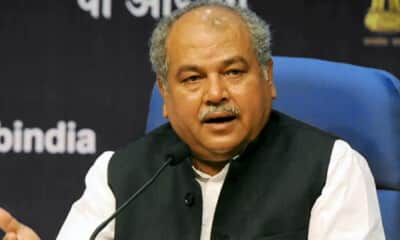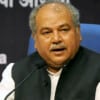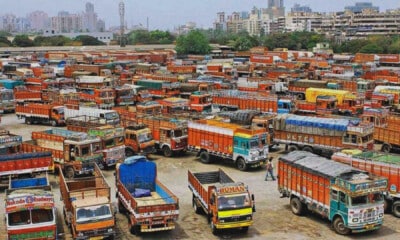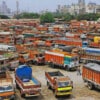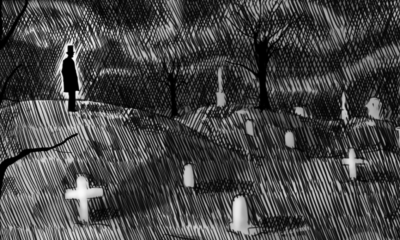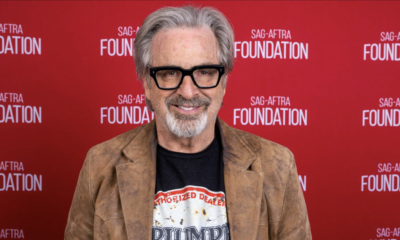News
Nationwide Strike Highlights Persistent Struggles for Dalit and Adivasi Rights
On August 21, 2024, Dalit and Adivasi organizations across India have orchestrated a nationwide strike, signaling a renewed call for justice, representation, and protection for marginalized communities. The strike, popularly referred to as a ‘Bharat Bandh,’ is not just a reaction to a singular issue but a manifestation of deep-rooted concerns that have long been simmering beneath the surface of India’s socio-political landscape.
The Spark: Supreme Court Verdict and its Implications
The immediate catalyst for the strike was a recent Supreme Court verdict regarding the reservations system. The seven-judge bench’s decision, which has been perceived by many as undermining the foundational principles of the landmark Indira Sawhney case, has left Dalit and Adivasi communities feeling vulnerable and betrayed. The ruling touches upon the contentious issue of sub-categorization within the Scheduled Caste (SC) and Scheduled Tribe (ST) reservations, which many believe could weaken the very framework designed to uplift these historically oppressed groups.
Organizations such as the National Confederation of Dalit and Adivasi Organisations (NACDAOR) have voiced strong opposition to this judgment. They argue that it threatens to dilute the essence of reservations, a tool intended to level the playing field in a society still marred by caste-based discrimination.
Political Backing and Broader Implications
The strike has garnered significant political support, with parties like the Jharkhand Mukti Morcha (JMM), Congress, and the Left throwing their weight behind the bandh. This convergence of political forces highlights the broader implications of the issue at hand. It is not merely a legal debate but a question of social justice, representation, and the future of affirmative action in India.
JMM general secretary Vinod Kumar Pandey articulated the sentiment of many when he stated that the Supreme Court’s verdict could obstruct the progress of SC/ST communities. The Congress and other opposition parties have also echoed similar concerns, emphasizing the need for a united front to protect the gains made through decades of struggle.
Political leaders like Akhilesh Yadav and Mayawati also lend their voices to the cause, the bandh takes on an even greater significance. It becomes not just a protest against a court ruling but a broader movement aimed at safeguarding the future of affirmative action in India.
आरक्षण की रक्षा के लिए जन-आंदोलन एक सकारात्मक प्रयास है। ये शोषित-वंचित के बीच चेतना का नया संचार करेगा और आरक्षण से किसी भी प्रकार की छेड़छाड़ के ख़िलाफ़ जन शक्ति का एक कवच साबित होगा। शांतिपूर्ण आंदोलन लोकतांत्रिक अधिकार होता है।
बाबा साहब भीमराव अंबेडकर जी ने पहले ही आगाह…
— Akhilesh Yadav (@yadavakhilesh) August 21, 2024
1. बीएसपी का भारत बंद को समर्थन, क्योंकि भाजपा व कांग्रेस आदि पार्टियों के आरक्षण विरोधी षडयंत्र एवं इसे निष्प्रभावी बनाकर अन्ततः खत्म करने की मिलीभगत के कारण 1 अगस्त 2024 को SC/ST के उपवर्गीकरण व इनमें क्रीमीलेयर सम्बंधी मा. सुप्रीम कोर्ट के निर्णय के विरुद्ध इनमें रोष व आक्रोश।
— Mayawati (@Mayawati) August 21, 2024
The Bandh: A Reflection of Collective Anxiety
The Bharat Bandh is more than just a protest; it is a reflection of the collective anxiety and frustration that has been building within Dalit and Adivasi communities. The call for the bandh by the Reservation Bachao Sangharsh Samiti and other organizations underscores the widespread fear that the hard-won rights of these communities are under threat.
In states like Rajasthan, various SC/ST groups have rallied behind the bandh, demanding that the government reconsider its stance on the sub-categorization issue. The bandh has had a noticeable impact, with markets shuttered and public transport services disrupted, though essential services like healthcare have been maintained.
A Call for Data Transparency
Another significant demand emerging from the protest is the release of caste-based data on SC/ST/OBC employees in government services. NACDAOR and other organizations believe that this data is crucial to ensuring that these communities are adequately represented in government roles, in line with the reservation policies.
A Broader Struggle for Social Justice
The Bharat Bandh on August 21, 2024, is a stark reminder of the ongoing struggle for social justice in India. It is a call for the nation to recognize and address the systemic issues that continue to marginalize Dalit and Adivasi communities. The strike, while disruptive, is a peaceful assertion of the democratic rights of these communities to demand fair treatment and equal opportunities.
In a democracy, public movements play a critical role in shaping policy and ensuring that the voices of the marginalized are heard. The Bharat Bandh is a powerful demonstration of this principle, as Dalit and Adivasi communities stand united in their demand for justice and equality.





